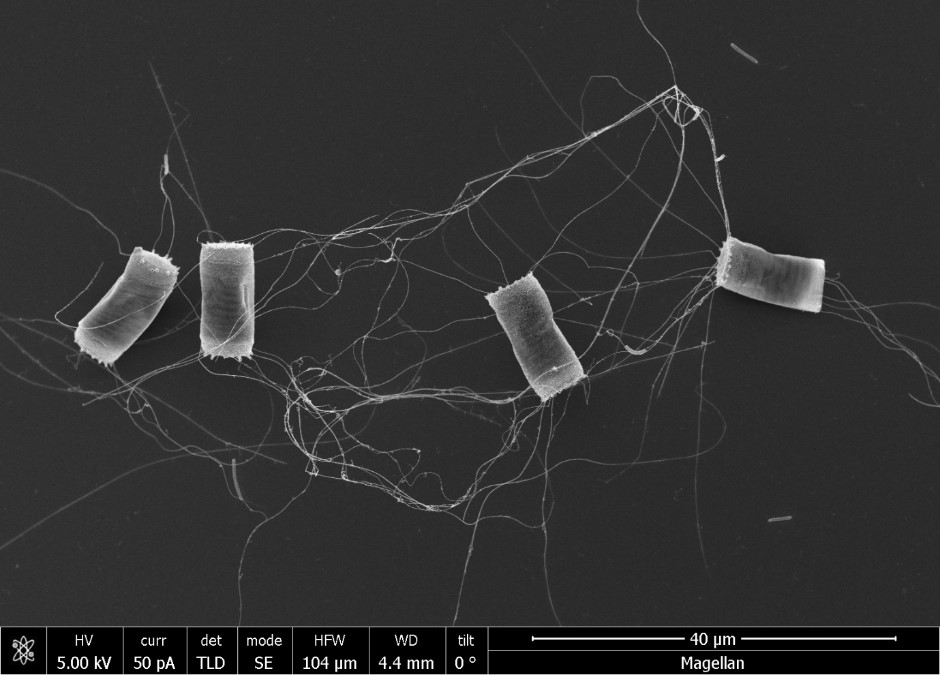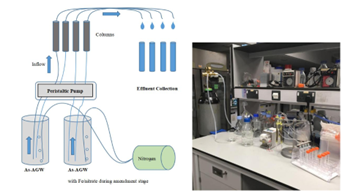Biophysics of bacteria-phytoplankton interactions
Contact: Riccardo Foffi, Dr. Jonasz Słomka
Perform agent-based simulations of bacteria-phytoplankton systems, investigating how different physical properties (bacterial speed, swimming strategy, phytoplankton shape and size…) modulate uptake and interaction rates. There is flexibility for the student to suggest complementary studies.
Oxygen on the Horizon: Unraveling Aerotaxis in Marine Bacteria
Contact: Dr. Johannes Keegstra, Dr. Richard Henshaw
The aim of this project is to study the Marine bacteria play a pivotal role in regulating oceanic oxygen levels and biogeochemical cycles. While bacterial chemotaxis—movement toward chemical gradients—has been widely studied, much less is known about aerotaxis, the directed movement toward oxygen. Yet, receptors involved in aerotaxis are among the most widespread in marine bacteria, highlighting their ecological importance. This project aims to characterize aerotaxis behaviors in marine bacteria, uncovering the molecular mechanisms and ecological implications of their ability to sense and respond to oxygen gradients.
Survival of the Slowest: Long-Term Adaptations of Marine Bacteria
Contact: Dr. Johannes Keegstra
Marine bacteria play an important role as gatekeepers of carbon storage in the oceans. Understanding their behavior better will allow us to better understand how oceans can continue to take up CO2. Motility is known to confer an advantage to bacteria in localizing resources, but the high energy demands of motility may reduce survival over longer timescales (weeks). This project will test the hypothesis that non-motile or low-motility bacterial strains are better suited for long-term survival under starvation, shedding light on the trade-offs between motility and endurance.
Characterization of the synergistic effects of methyl-group-containing molecules in enhancing bacterial chemotaxis in the ocean
Contact: Valerio Anelli
This project aims to characterize how widespread the effect of methyl-group–containing molecules is in enhancing bacterial chemotaxis towards ecologically relevant compounds in the ocean.







